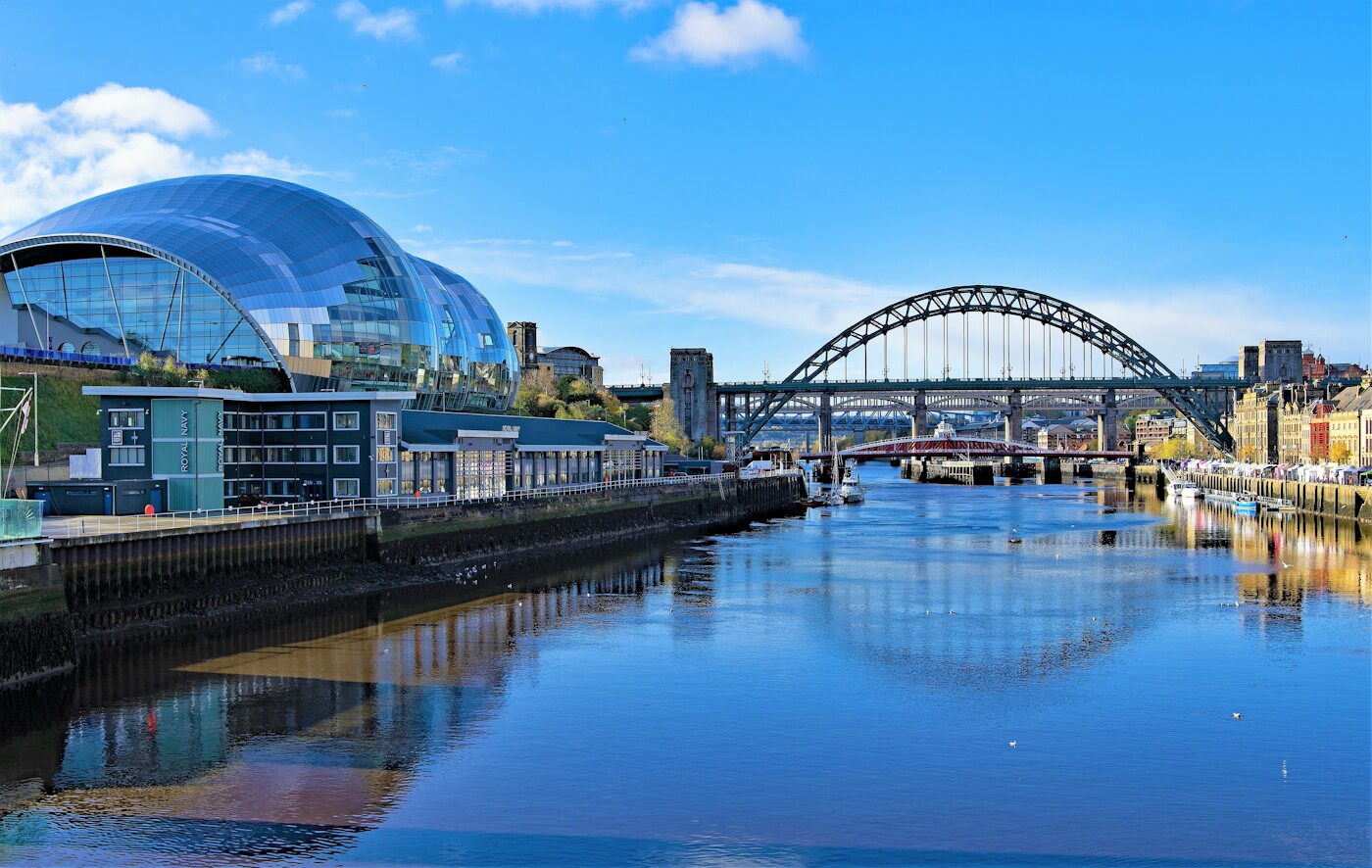
Regional capital of the North East and a major UK services centre that contributes £13bn to the UK economy, Newcastle also has a proud history as a nerve centre of the Industrial Revolution. The next in our look at the UK’s trading cities gives a rundown of its past and present.
Monopoly money
In 1538, a saying was first recorded: “To carry coals to Newcastle.” The meaning of this saying – that something is a waste of time – reflects that Newcastle already had more than its fair share of coal.
It is this that gave the city its head start as an industrial and economic powerhouse, though coal mining had taken place as early as the time of the Romans, and was established by English royal charter in 1239.
A cartel of businessmen called the Hostmen had a monopoly on that coal, as well as on the shipments to London and beyond, that they helped to facilitate by ‘hosting’ visiting traders. Their work built the foundation that would be built on during the Industrial Revolution.
Newcastle’s economic history is marked by more than coal, however. In the eighteenth century, the city was the UK’s fourth largest producer of print media, behind London and the university centres of Oxford and Cambridge.
The city’s broader significance in England was vast, and it played a major role in the Civil War – its declaration for King George is the source of the word ‘Geordie’. One chronicler wrote that Newcastle became “the hearth that warms the south part of the kingdom with fire”.
Glass giant
Coal was used in the production of one of Newcastle’s finest exports: glass. By the eighteenth century, it was the world’s leading producer, driven by the work of the pioneering Beilby family on the painting of glass. Come the 1820s, the centre of the city alone hosted 40 glassworks, as well as an annual parade displaying their work.
The city’s signature coal became of much greater importance with the advent of the Industrial Revolution when it became a powerhouse in transport over both land and sea. Already a major hub for shipbuilding, as it built vessels for moving coal over the centuries, by 1800 it became the third largest producer of ships in Britain.
The rail thing
Perhaps the most significant of Newcastle’s contributions to the industrialisation not only of Britain but of the world was in rail.
Trains were designed and manufactured for the world’s first steam railway line, the Stockton and Darlington Railway, as well as the first inter-city line, the Liverpool and Manchester Railway. It was also where the famous Rocket train design, which paved the way for mass steam-powered train travel, was developed.
Newcastle played its role as a centre of train manufacture domestically, but it was also a major exporter. As railways expanded across the globe, its designs and products populated lines across the continent and the US. Locomotives were manufactured in Newcastle into the second half of the twentieth century.
‘Brasilia of the North’
The early twentieth century saw Newcastle’s strength as a trading city continue to grow and by the start of the First World War the North East built one third of the whole world’s ships. Coal also remained a staple; 21.5m tonnes were exported from the region in 1923.
The rest of the century was less kind to the city’s industry and there was a “wholesale collapse of the area’s industrial base”, according to Newcastle City Council. This was a result of “over concentration of activity in the interrelated mining, shipbuilding, armaments and heavy engineering industries in the inter-war years”.
The leader of the council in the 1950s, Thomas Dan Smith or “Mr Newcastle”, set about transforming the city into the “Brasilia of the North”, helping to build the city’s reputation as a force in higher education with the establishment of the University of Newcastle. It was also further connected to the world with the expansion of Newcastle Airport.
Today, educational services are the largest sector in the city, making up 13.52% of its economy according to Harvard University’s Metroverse tool. It is also the second largest hub for car exports in the UK, marshalling the North East’s renewed industrial capacity.
